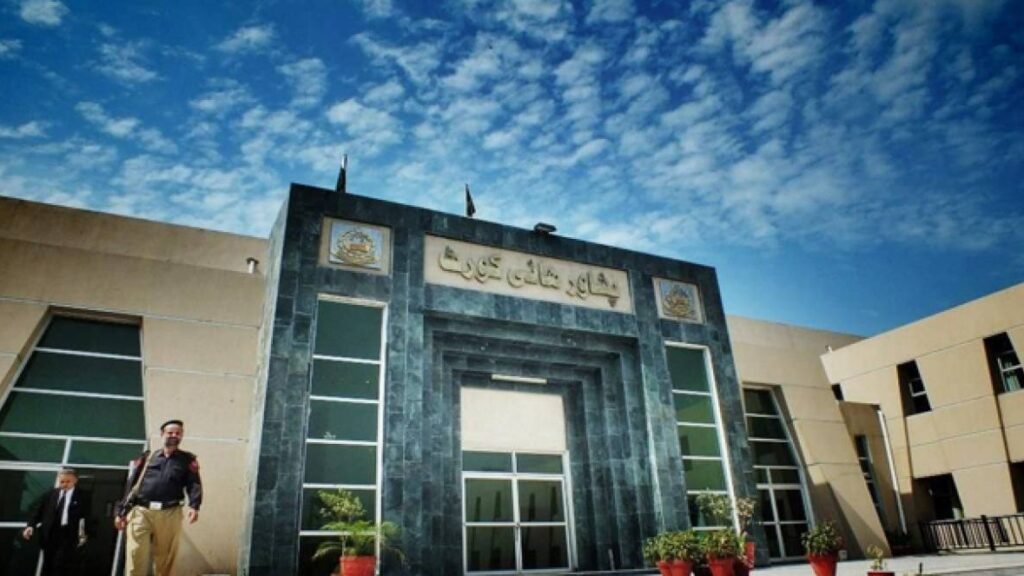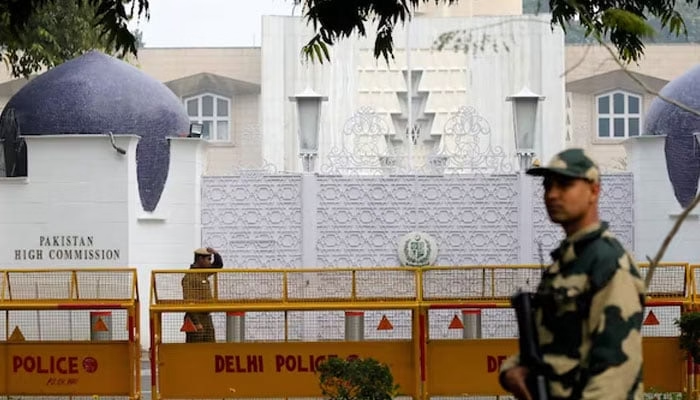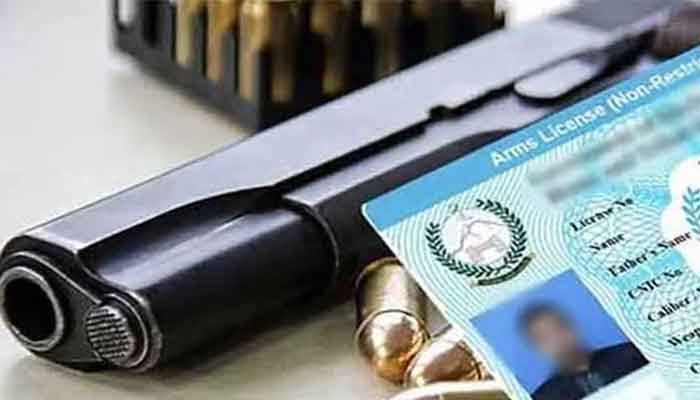In response to the Election Commission of Pakistan’s (ECP) decision to withdraw the electoral symbol ‘bat’ from the Pakistan Tehreek-e-Insaf (PTI), the party has decided to contest the ruling in the Peshawar High Court. Despite the ECP’s verdict on Friday night, PTI’s legal team promptly approached the high court on Saturday to file a case. PTI claims that they have not yet received the verified written order from the ECP but expressed intent to challenge the decision once received. The ECP, citing non-compliance with its directions and election laws, declared PTI ineligible to retain the ‘bat’ symbol after ruling that the party did not conduct intra-party elections in accordance with regulations. The decision, invoking Section 215 of the Election Act, 2017, has significant implications, nullifying PTI’s intra-party polls and, consequently, its new chairman, Barrister Gohar Ali Khan.
PTI to challenge ECP decision on symbol ‘Bat’ in Peshawar high court.



